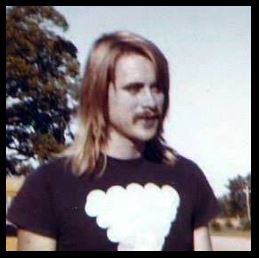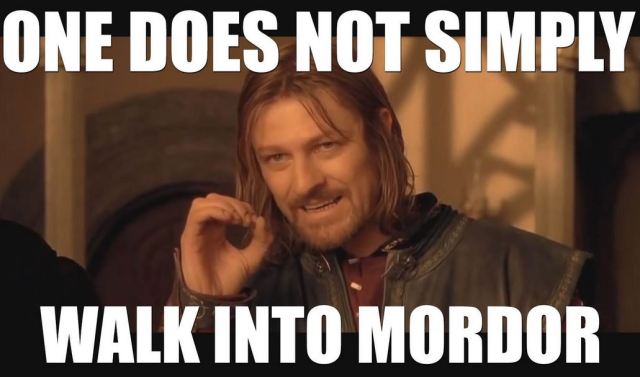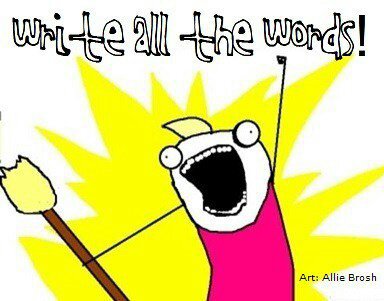Real Life gets really real, the final part–I sure hope
I don’t know what I expected to find, the morning after the grayest day. It was still bitter cold but–typical Michigan, harsh just when it’s breathtakingly lovely–the sun was shining, on the snowy lake, the hills, the snow-covered trees, the newly-mounded dirt at the base of the hickory tree just inside the cemetery gate. Even though the roses were now frozen, ferns and lilies waving slightly in an arctic breeze, I thought I could still smell them in the air the way it smelled through the funeral.
I’m not at all superstitious about graves or earthly remains–and I’m still not, because apparently this morning wasn’t spiritual at all. God, give me this last minute of self-pity, here on the last day of the year, then I promise I’ll try to move on with life. I cried and cried finally–a good old-fashioned, wipe your red nose on your icy gloves kind of cry. I wasn’t crying for my parents or my sister-in-law or my little great-nephew Archie who won’t know the best uncle ever as he grows up. This was all about me. All the many ways I feel small right now.
Unattached. Lost.
The sun was shining and there were even birds singing and I did hear my snow-boots crunching on the ground, so the earth was definitely still turning, logic said it was, but I hardly felt like I was attached to it anymore. I don’t mean just light-headed or light and airy; I honestly stopped feeling like I belonged on the earth. What was I doing here? It feels like the whole world can see that I’m all alone: it feels like there’s a big sign around my neck telling the whole world I’m a lost little girl who doesn’t have a big brother. Any more. So what’s the point of me now?
Michael was there when I was born. He left home–to stay the summer with his grandparents, but when my sister was born he came back and decided to stay with me, because I cried so happily when he returned. He left home when he graduated to walk the length and breadth of the country, but he always came back. I was very sick on the couch one time he was away and woke up in the middle of the night and saw his silhouette in light from the dining room, and I was just as giddy as the toddler seeing him again. He watched over us all and waited patiently through three sisters and two nieces until finally after sixty years little Archie came along–but Michael was already sick, we just didn’t know it yet.
Avoiding pain as motivation
When we did find out his time was limited, about two months ago, I went into severe escapism mode. I bragged about learning to get up an hour early to write every single day at the coffee shop before work and most weekends. I’ve been more productive revising the novel in two months than I’ve been in two years. Only in retrospect do I see that that kind of intense focus is particularly effective for avoiding pain. When all is said and done, I know I should have spent more time with Michael. Time spent struggling not knowing what to say but spent with him all the same.
So after a frenzy of funeral preparation, now the friends and distant family have visited and gone and I woke up to the empty disbelief that it really was final. No, that’s another euphemism: I woke up no longer able to avoid the fact that it’s Too Late. So somehow I ended up back at the cemetery in the obscenely brutal cold.
Guilt motivates even more–till it paralyzes
I don’t know what I expected to find, but I told myself somewhat self-righteously I was only going there to “check things out” after the brief, frigid graveside service the day before. The big blue tent was gone now. Everyone was gone now, and it was just me and the palpable absence of my brother.
Still, it’s a pretty place, the kind of place nature-loving Michael liked to walk in; in the summer there will be squirrels and some rabbits and in the spring even the rare soft-shelled turtle up from the lake to lay eggs. They have long necks and run really fast: zip across the cemetery path, zip back to the safety of the water. I mean, I’ve been taking walks here all my life because it’s that much nicer and more peaceful than the city park next door.
Forever attached to the earth
I have five generations of family buried here–no, now it’s six. My dad went to try to buy a plot for Michael and found he inherited, like, a dozen, in the oldest family spot here by the gates, places now for me and my sisters and still some more.
Huh, I realized. I’m standing here bawling my eyes out on my own grave.
God, please let me get through this last minute of self-pity. It feels like I’m drowning in it but I know I have to crawl out. I don’t have any kids but surely the next generations need me. My cat, at least, needs me. I need to accomplish something in 2018. Even if it’s just putting my brother in the dedication of my first book.

“The earth is rude, silent, incomprehensible at first; Be not discouraged – keep on – there are divine things, well envelop’d; I swear to you there are divine things more beautiful than words can tell.” –Walt Whitman
…from the obituary for my brother Michael. My first best friend and hero.











